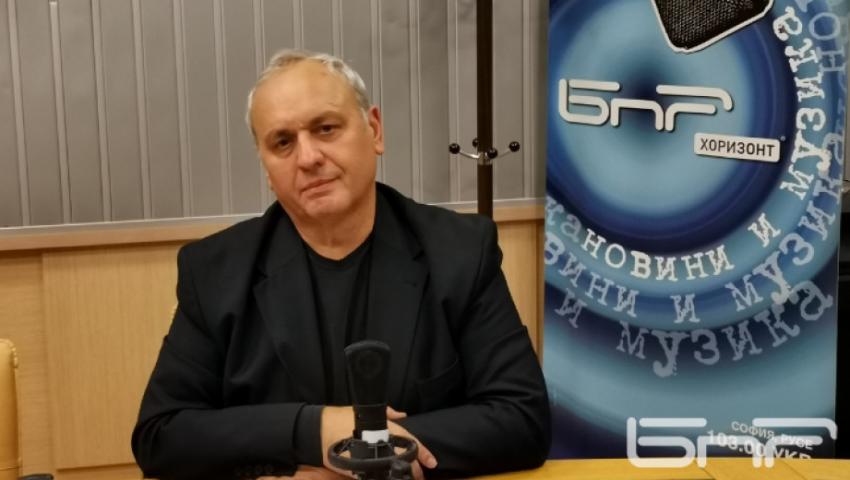For parliament and energy stalemate [1]
Notwithstanding political uncertainty, parties and institutions urgently need to agree on national priorities for the energy sector and organize their implementation. Parliament's role in this regard is leading

Analysis by Slavcho Neykov, Energy Policy Expert
The parliamentary elections have passed, but the uncertainty and unclearness about the development of the energy sector in a number of key areas is deepening in practice. Unfortunately, in the context of major political issues, the topic of energy is unlikely to be a priority in the coming months. And it should - because it is about the energy and economic security of the country. It is also a sector that is directly linked to many social issues and to the generation of huge European funds, the use of which, however, is not guaranteed at all without a clearly structured approach.
I have repeatedly asked the media key questions and relevant proposals in this regard, some of which I will point out again.
IN SUMMARY - LACK OF A COMPLETE MODERN VISION FOR DEVELOPMENT OF THE SECTOR
Both the Council of Ministers and the 44th National Assembly ignored basic legal, economic and technological aspects related to the development of our energy sector. Along with the undeniable successes (progress in market development; development of the gas infrastructure; Bulgaria's admission as a member of the Nuclear Energy Agency, etc.), instead of seeing the current energy strategy promised since 2014, we listened to stories per kilo - where for modular nuclear reactors in the meadows, where for an almost bright future of coal, etc.
Moreover, Bulgarian citizens have reached a position to learn what the Bulgarian authorities plan in the energy sector not from them, but from the European Commission (reference - Plan for reforms of the Bulgarian energy market from 2021, announced for public discussion by the Commission, but hidden from the public by national institutions).
AND SEVERAL SPECIFIC PROPOSALS FOR SHORT-TERM ACTION
Against the background of political uncertainty after the elections, reforms in the energy sector are unlikely to be the subject of attention in the 45th National Assembly any time soon. However, without claiming to be exhaustive, I would like to point out a few important steps that politicians should take to start looking for solutions quickly, if possible by consensus:
- Adoption of a new and realistic energy strategy or at least a list of key energy priorities; this is an important practical precondition for both receiving and absorbing huge European funds;
- It is necessary to clarify what will be the next steps in the short term in the development of the energy market, incl. and with regard to the short-term mechanisms provided for in EU law, the use of which can be delayed;
- Facts based on facts about the future of coal and the nuclear projects under discussion cannot be postponed - the time for "third brandy" campaign talk is over. The green deal has been here for a long time and objectively imposes its priorities regardless of the tales of the political gurus, intended primarily for pre-election deception of the electorate; however, a new type of thinking on the subject is needed, which also implies capacity;
- The urgent stabilization of the Energy and Water Regulatory Commission in terms of staff is more than necessary;
- There is a need for professional, objective and frank analysis and relevant legislative steps on the social aspects related to the sector; these are mainly the issues of energy poverty (on the occasion of which Bulgaria was officially criticized by the European Commission in October 2020) and the reorganization of the workforce in connection with the inevitable and already taking place green transformations; however, this should also be related to specifying which activities are for the social and which - for the energy policy of the state;
- Protecting the investments made and attracting new ones should be a concrete, not an abstract emphasis - this implies a reassessment of the framework and the attitude towards investors and their role in the transformation to a low-carbon economy, for which they should be helped, not to disturb them;
- Effective control over the spending of public resources, regardless of its source, must be restored as a matter of urgency; the billions spent so far should be reported in detail and publicly with the assistance of all control institutions.
[1] All opinions expressed are strictly personal.
